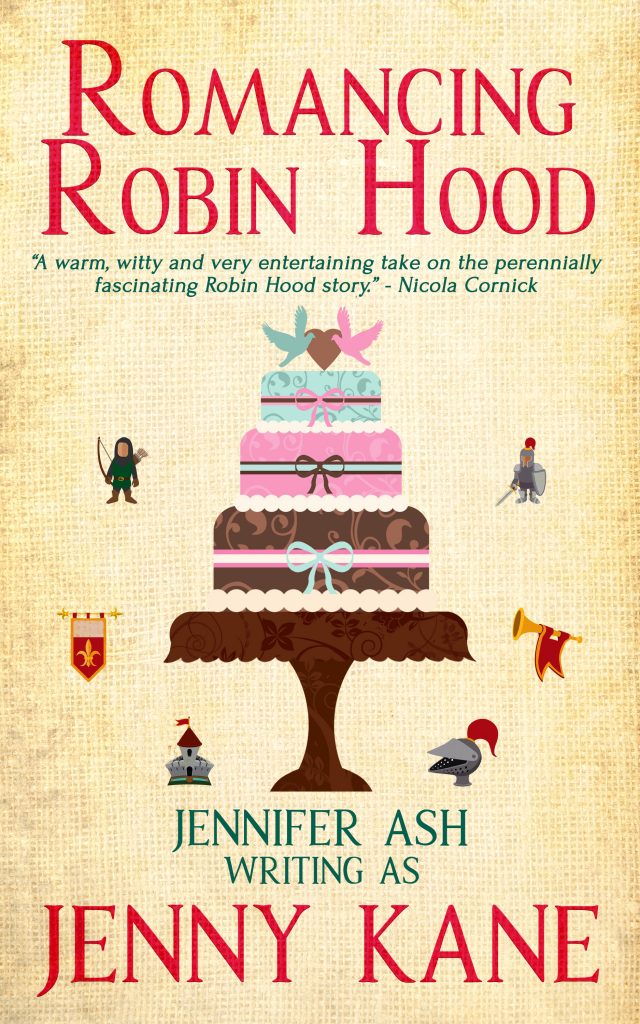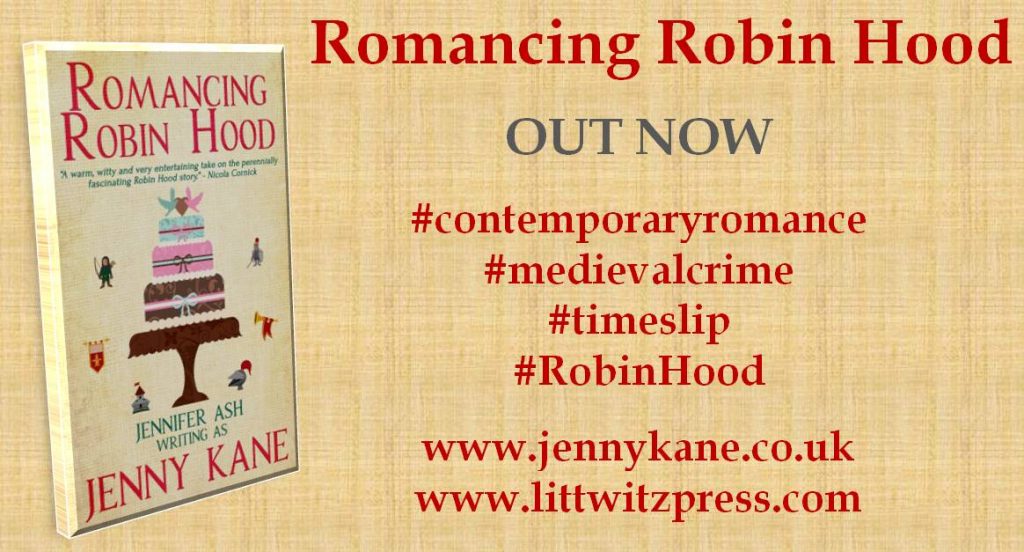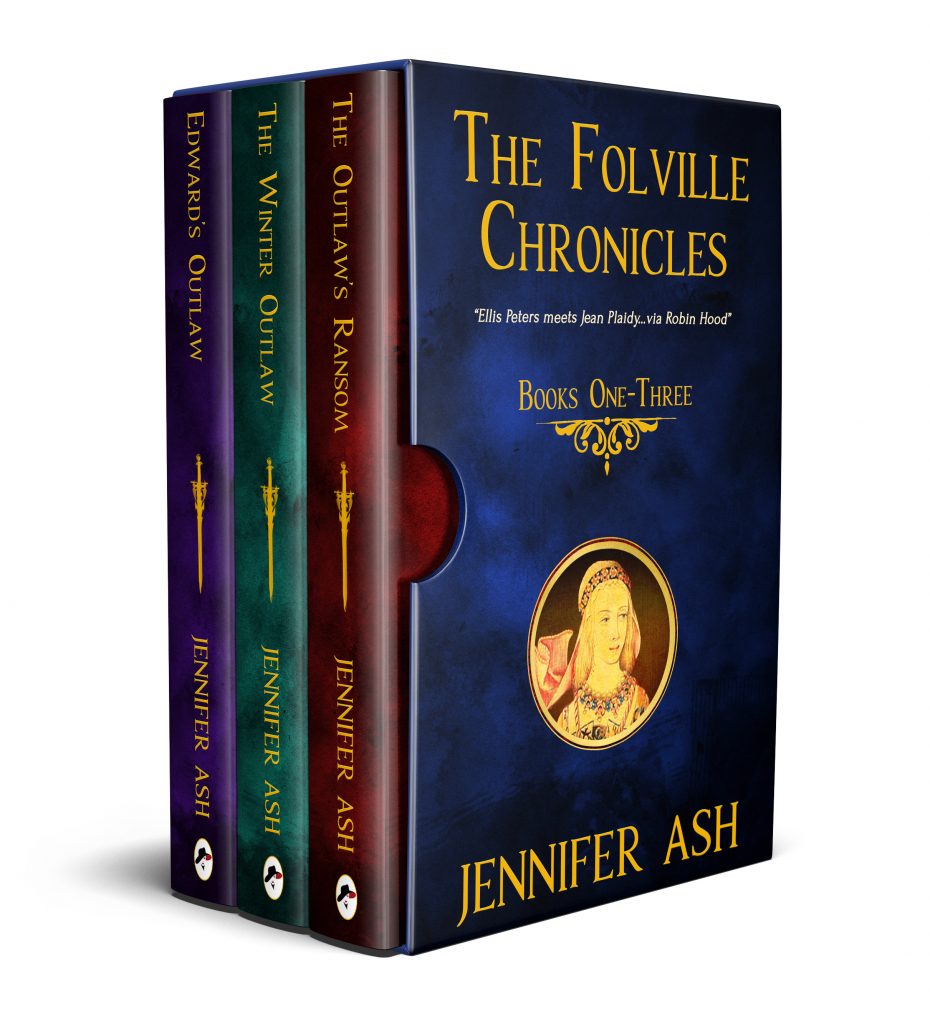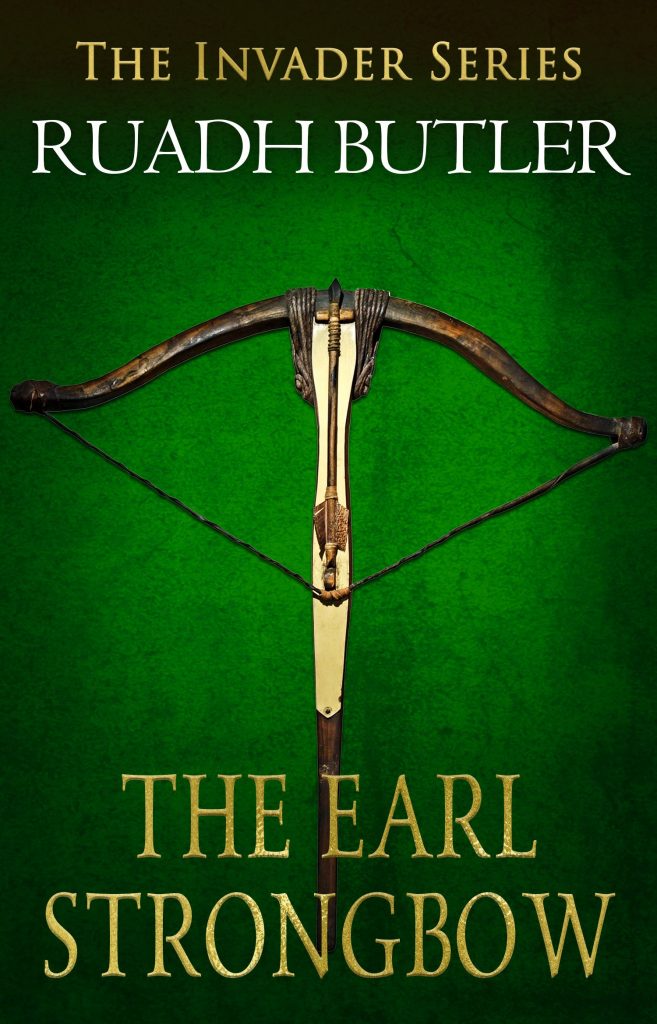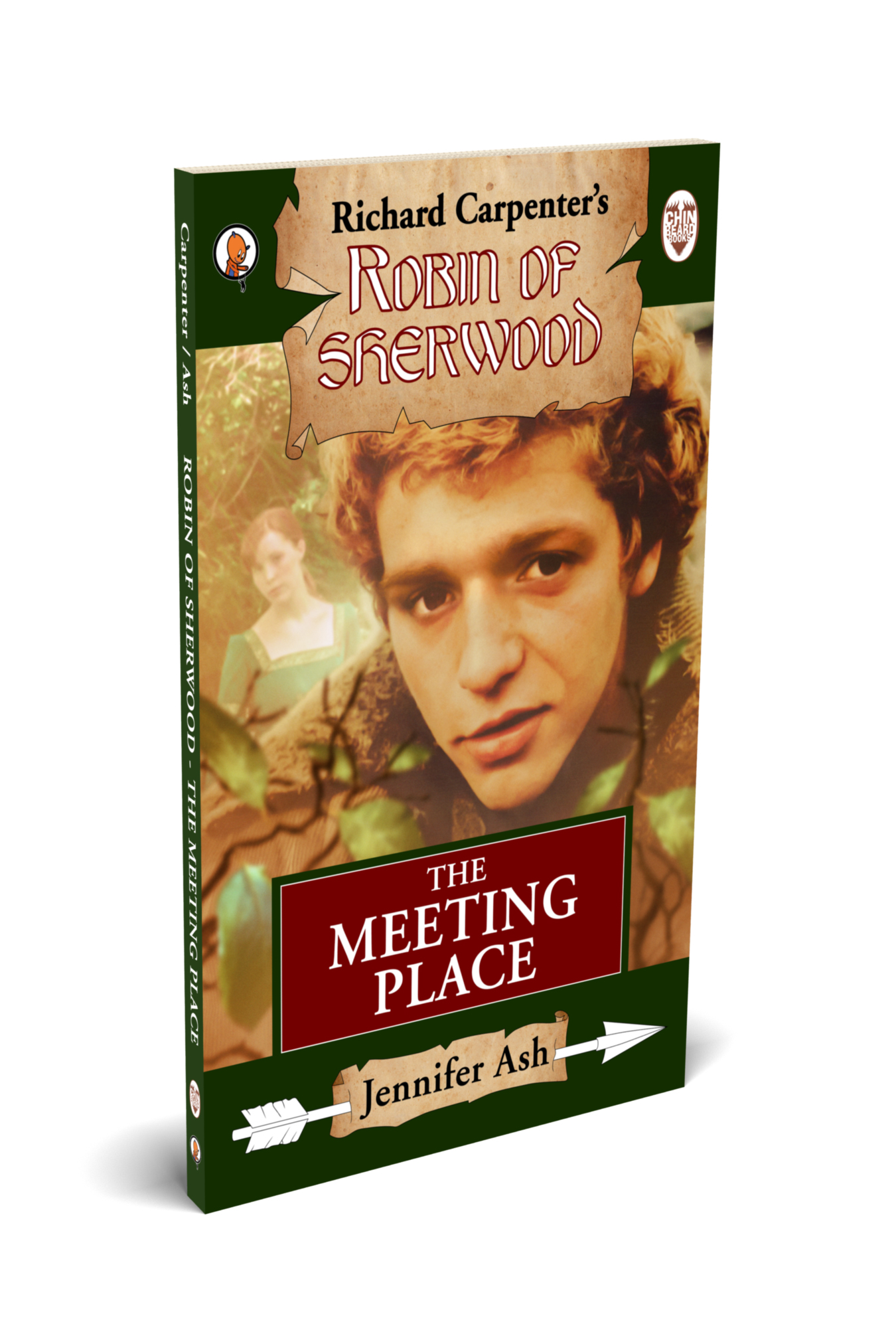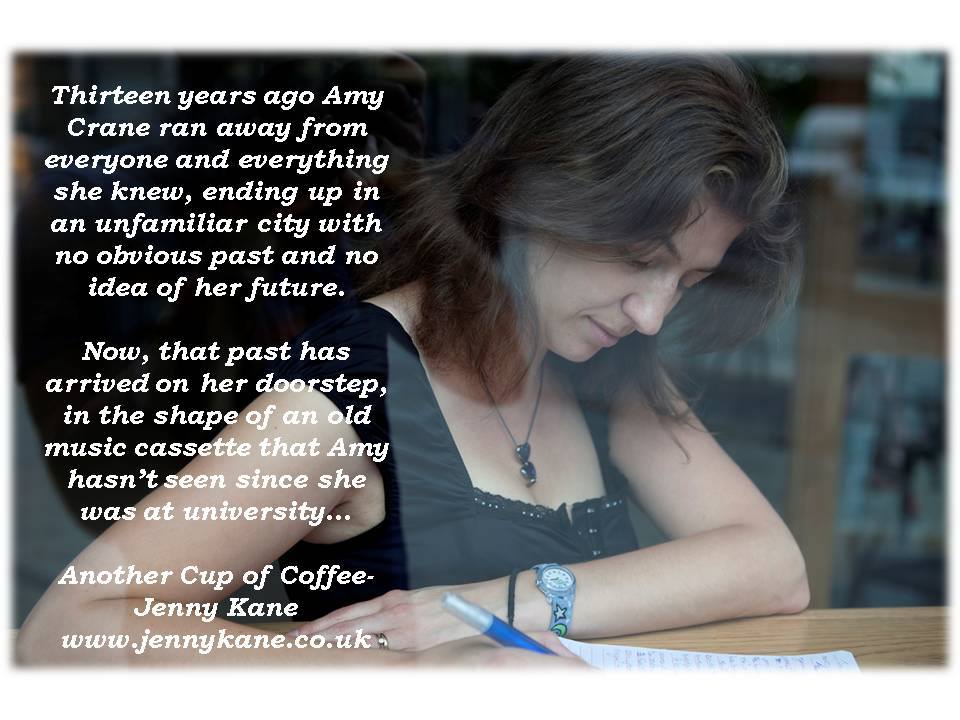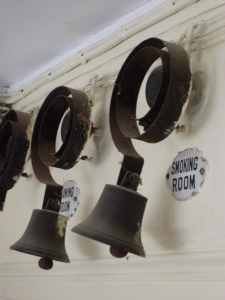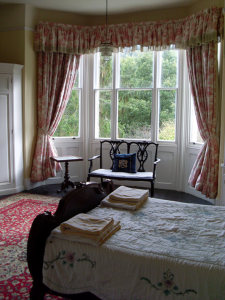The Outlaw’s Ransom was my very first title under the name of Jennifer Ash.
Blurb
The first in an exciting new series by acclaimed author Jenny Kane writing as Jennifer Ash.
When craftsman’s daughter Mathilda is kidnapped by the notorious Folville brothers, as punishment for her father’s debts, she fears for her life. Although of noble birth, the Folvilles are infamous throughout the county for disregarding the law – and for using any means necessary to deliver their brand of ‘justice’.
Mathilda must prove her worth to the Folvilles in order to win her freedom. To do so she must go against her instincts and, disguised as the paramour of the enigmatic Robert de Folville, undertake a mission that will take her far from home and put her life in the hands of a dangerous brigand – and that’s just the start of things…
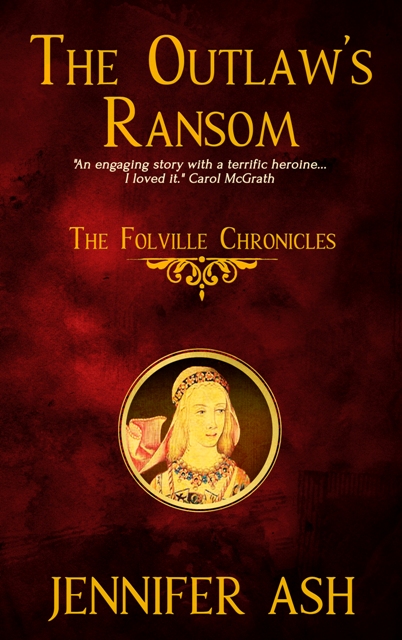
The Outlaw’s Ransom (which originally saw life as part of my contemporary fiction/medieval mystery timeslip novel, Romancing Robin Hood), is a book that’s very close to my heart. Anyone who follows this blog will know that it is my love of all things Robin Hood which led to me researching the real life criminal gang, the Folville brothers, and considering how they might have been influenced by the outlaw ballads that would have been circulating at the time.
It was interesting to be able to give, what I imagine, the Folville family’s perspective on the Robin Hood stories might be.
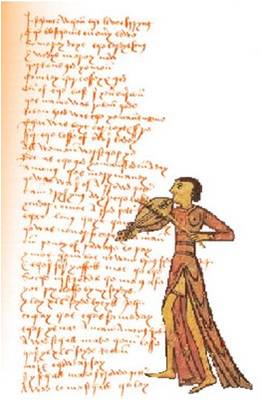
Extract
…Eustace de Folville continued, ‘You know something of us, Mathilda, from living in these parts. And, I have no doubt, my dear brother has explained to you our beliefs on maintaining our lands and beyond, keeping a weather eye on the dealings of all men in this hundred.’
Mathilda bit her tongue in an effort to remain demurely mute, trying to concentrate on what Eustace was saying and not on the unknown fate of her younger brother.
‘He has also, I believe, told you of his fascination with stories,’ Eustace gave Robert a blunt stare; leaving Mathilda to wonder whether it was his brother’s passion for the minstrels’ tales, or the fact he’d shared that belief and interest with a mere chattel, that Eustace disapproved of.
‘The balladeers have become obsessed of late with the injustices of this land. Often rightly so. Naturally the fabled Robyn Hode has become a hero. An ordinary man who breaks the law, and yet somehow remains good and faithful in the eyes of the Church, is bound to be favoured. In years past such a character’s popularity would have been unthinkable, but these days, well …’
Eustace began to pace in front of the fire, reminding Mathilda of how his brother had moved earlier, ‘Now we are empowered by the young King, the Earl of Huntingdon, and Sheriff Ingram, to keep these lands safe and well run, and by God and Our Lady we’ll do it, even if we have to sweep some capricious damned souls to an earlier hell than they were expecting along the way.’
Eustace was shouting now, but not at her. His voice had adopted a hectoring passion, and Mathilda resolved that she would never willingly disappoint this man; it would be too dangerous.
‘Many of the complaints of crimes and infringements that reach my family’s ears are not accurate. Far more felonies are alleged out of spite or personal grievance than are ever actually committed. We require more eyes and ears, girl. Accurate, unbiased eyes and ears.
‘The sheriff of this county is not a bad man. No worse than the rest anyway; but Ingram is sorely stretched. He has not only this shire, but Nottinghamshire and Derbyshire within his writ. The man cannot be everywhere at once. No man can.
‘We are believed to have a band of criminals under our control, Mathilda. This is not true. I’m no Hode, although I am lucky to have the respect of the immediate population, and although I know that respect is because they go in fear of me, I’d rather have that than no respect at all. Hode’s principles I embrace, as I do other outlaw heroes’ who have flouted a law more corrupt than they are. Those such as Gamelyn can give a man a good example to follow. What was it he declared, Robert, to the Justice at his false trial?’
Moving into the light of the table, Robert thought for a second before reeling off a verse he’d probably known by heart since childhood, ‘Come from the seat of justice: all too oft Hast thou polluted law’s clear stream with wrong; Too oft hast taken reward against the poor; Too oft hast lent thine aid to villainy, And given judgment ’gainst the innocent. Come down and meet thine own meed at the bar, While I, in thy place, give more rightful doom And see that justice dwells in law for once.’
Eustace nodded to his brother, who’d already shrunk back into the shadows of the nearest wall, ‘I do not have such a band at my beck and call, Mathilda. When I need help I have to pay for it.’
***
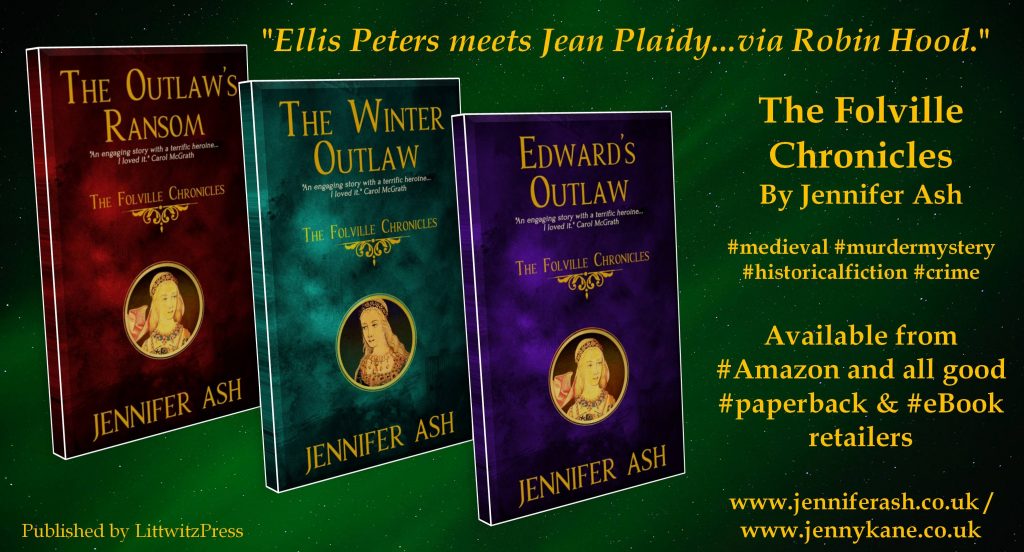
The values that – in my mind at least- the Folville brothers see in the stories of Robin Hood form an important undying theme to this tale- and to Mathilda of Twyford they will make the difference between life and death.
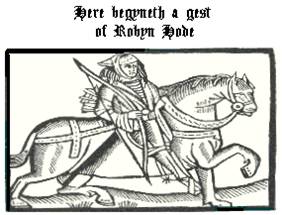
If you’d like to read my first medieval mystery, then The Outlaw’s Ransom is available in the UK for your Kindle here –
https://jennykane.co.uk/historical-fiction/the-outlaws-ransom/
Happy reading everyone,
Jennifer (aka Jenny!!) xx




